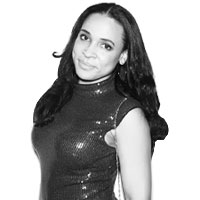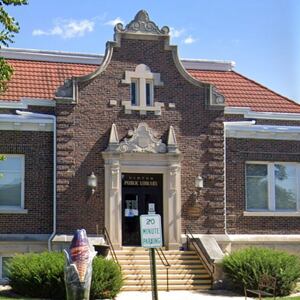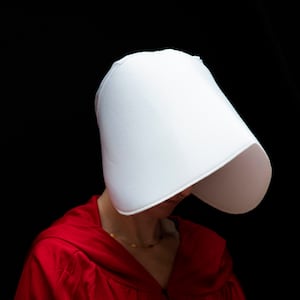One of the largest school districts in Pennsylvania has implemented “the strictest” book ban policy in the state after community members, parents, teachers, and even board members got caught up in a rowdy board meeting.
The Central Bucks School District, Pennsylvania’s third-largest school district, passed its new book-removal policy in a 6-3 vote Tuesday evening. The new policy allows just one adult—be it parent, guardian, or community member, whoever—to challenge a book simply “on the basis of appropriateness” and have it eventually entirely removed from district libraries. The board will organize a committee to review the “appropriateness” of a challenged book but it’s unclear what will happen to copies of the book while under review.
In the policy’s framework, it says, “No materials in elementary libraries shall contain visual or visually implied depictions of sexual acts or simulations of such acts, explicit or implied written descriptions of sexual acts, or visual depictions of nudity or implied nudity.” Similar rules are applied to middle schools, but they’re given special allowances for anatomy studies and “classical works of art.” High school students cannot have access to books with “visual or visually implied depictions of sexual acts or simulations of such acts, or explicit written descriptions of sexual acts.”
Opponents of the new policy did not hold back during the packed Tuesday meeting, railing against the proposal for unfairly targeting the LGBTQ+ community, and for censoring ideas.
“Your proposed book ban is evil and abhorrent,” Steven Albert, an English teacher, addressed the board meeting to much applause. “You are, yet again, careless in the lives of children and their reading.”
Even the board members couldn’t refrain from the squabbling, getting into a heated argument in front of dozens of attendees before the official vote got underway.
Board member Dr. Tabitha Dell'Angelo, who voted against the new policy, claimed the district already had guidelines in place for challenged books, and the new policy would give parents the power to govern what other children in the district read.
“This policy allows parents to restrict what all 18,000 students can read,” she told her fellow board members.
Central Bucks School District President Dana Hunter and Vice President Leigh Vlasblom said the new policy was proposed after the board received emails from concerned parents.
“[The policy] does give parents the avenue to decide or to request their child not read a specific title or genre. However, it does also outline a process for parents or anybody else to formally challenge a book,” Hunter said.
Though members in favor of the new policy claimed that it was not a ban, board member Karen Smith disagreed.
“When something is removed and not allowed back, that is a ban,” she said.
Rachel Fitzpatrick, leader of PFLAG Bucks County, an advocacy group for LGBTQ+ community members, immediately called the board out for targeting books with LGBTQ+ stories.
“When we remove stories of marginalized people, we send the message that their stories and experiences are not acceptable, which adds to the stigma,” she said. “Kids deserve the chance to learn, develop critical thinking skills—no matter where they come from, transgender or not, straight or LGBTQ+. Removing the resources that empower a child to learn and ask questions removes a critical function of education.”
Community member Casey Wheeler noted how vague the language was, saying that “sexually explicit content” was not clearly defined.
“It should not be the responsibility of one individual to define educational suitability for an entire community,” she said.
The Education Law Center echoed those concerns prior to the meeting, saying the policy was “vaguely worded and overly broad” and potentially unconstitutional. “This policy is censorship plain and simple,” the organization said.
Joanna Doyle, a member of the Pennsylvania School Librarian Association, told the room, “Representation matters. All children deserve to see themselves represented… Children should have access to literature that reflects and honors the lives of all young people. Books are an opportunity for them to experience authentic portrayals of children whose backgrounds, abilities, and circumstances are different from their own.”
“Children are born with compassion, with empathy, with care for one another,” Albert told to the crowd. “They learn to hate, to bully, to be racist, to be antisemitic, to be transphobic.”
The ACLU of Pennsylvania tweeted Tuesday that the policy would be the “strictest book ban policy in” the state.
“Pennsylvania has the second-highest number of book bans of any state in the nation,” the group said in June. “[Central Bucks School District’s] new policy could help PA become first in the nation in book bans. PA students deserve better.”









